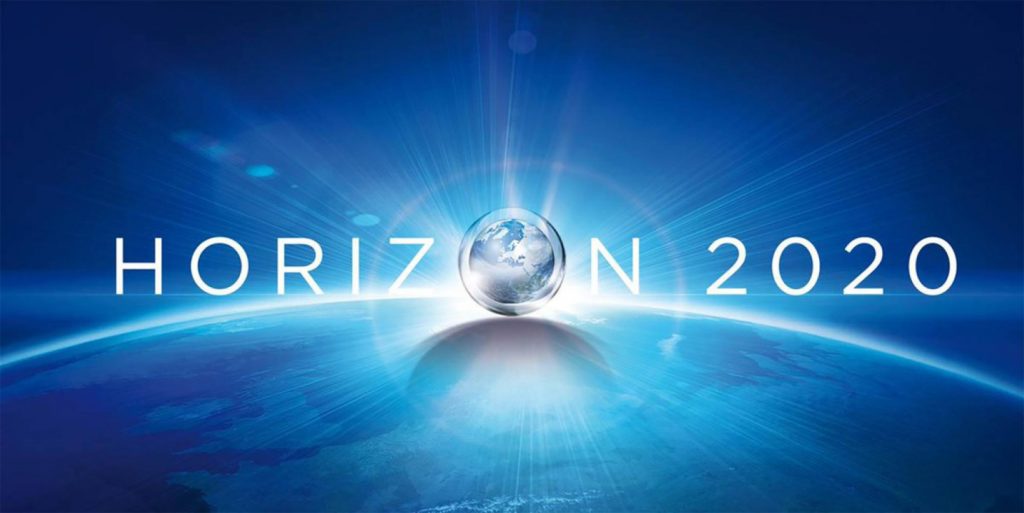
Funding: H2020. Euratom research and training programme 2014-2018
Region: European
Project period: 2020 – 2024
Partners: Centro de Investigaciones energéticas, medioambientales y tecnológicas-CIEMAT (Project Coordinator), Fundación IMDEA Materiales, Bay Zoltan Alkalmazott Kutatasi Kozhasznu nonprofit kft, Commissariat a l Energie Etomique et Aux Energies alternatives, Centre National de la Recherche Scientifique, Electricite de France, Framatome GMBH, Helmholtz-Zentrum Dresden-Rossendorf ev, Institut de Radioprotection et de Surete Nucleaire, Kungliga Tekniska Hoegskolan, Universidad de Cantabria, National Nuclear Laboratory Limited, Phi-Meca Engineering, Studiecentrum Voor Kernenergie / Centre D’etude de l’energie nucleaire, The university of Warwick, University of Bristol, University of Manchester, Universidad de Alicante, Universidad Politécnica de Catalunya, Universidad Politécnica de Madrid, United Kingdom atomic energy authority, UJV REZ, a. s., Teknologian Tutkimuskeskus VTT Oy, SINTEC S.r.l, State Enterprise “State Scientific and Technical Center for Nuclear and Radiation Safety”, Chalmers Tekniska Hoegskola AB, Central Research Institute of Electric Power Industry.
Principal Investigator: Dr. Jon Molina (jon.molina@imdea.org)
ENTENTE “European Database for Multiscale Modelling of Radiation Damage” aims to design a new European experimental/modelling materials database to collect and store highly-relevant data on radiation damage of Reactor Pressure Vessel (RPV) steels, according to FAIR (Findability, Accessibility, Interoperability, and Reusability) principles. The project can be seen as three interconnected blocks:
DATABASE Design
- Multi-disciplinary teams (materials scientists, engineers, software developers) will define new effective data formats suitable for microstructural and modelling data, and interfaces needed to ensure interoperability.
- Interface the SOTERIA platform with the ENTENTE database so that experimental data and metadata can be retrieved and post processed in order to correctly parametrize modelling tools.
ADVANCED experiments/models
- Microstructural characterisation, linked with appropriate models, by means of advanced (S)TEM techniques, APT, -XRD and in-situ TEM for mapping the radiation induced defects and associated strain-stress fields.
- In-depth analysis of segregation and structural, chemical nature and strength of grain boundaries to study hardening and non-hardening embrittlement.
INNOVATIVE data analysis and hybrid models
- Simulation tools that enable the description of radiation damage up to length and time scales that are comparable with those reached in experiments on RPV steels. Accelerated physically informed fracture laws with a reasonable predicting capability on heterogeneous microstructures.
- First application of Integrated Computational Materials Engineering (ICME) approaches to enable
virtual studies of alternative neutron embrittlement scenarios. - Machine learning and artificial neural networks approaches not only to support atomistic modelling but also to predict hardening and/or embrittlement
Target data will be that generated during previous EURATOM projects (LONGLIFE,
PERFORM60, SOTERIA, TAREG, PHARE) on RPV steels. Relevant data from non-EU projects, provided by consortium members (CRIEPI, SSTC NRS) will also be processed through the data collection workflow designed during the project.
The exploitation of the ENTENTE data base, including the interface with SOTERIA Platform, will allow the integrity assessment of Reactor Pressure Vessel to be improved both in a Long Term Operation (LTO) perspective and for new Gen III+ reactors.
IMDEA will work on the “Characterization of ion-irradiated RPV steels including PIA, nanoindentation (NI) and in-situ experiments” within WP3 (Generation and collection of experiment/modelling data). Specifically, IMDEA will work on the characterization of the effect of ion irradiation induced damage on the mechanical properties of reactor pressure vessel model alloys as a function of annealing and operating temperature, using nanoindentation. Additionally, IMDEA will contribute to the advanced microstructural characterization tasks, with S(TEM) characterization of deformation of ion damaged lamellae prepared by FIB, in collaboration with CIEMAT, UKAEA UoMan and HZDR. The main research area of the group in Micro and Nanomechanics of IMDEA lays on the development and application of novel micro and namomechanical testing techniques (nanoindentation, micropillar compression, microtensile testing…), to advanced structural materials, with the aim of understanding deformation mechanisms and informing microstructurally based multiscale materials models. The group has previous experience on the characterization of ion-irradiated materials in at least two research projects. Among the unique capabilities of the group one should mention the application of nanoindentation techniques at non-standard conditions, including testing at elevated temperatures in-situ inside the scanning electron microscope.Therefore, its expertise and available scientific infrastructure, as described below, perfectly match those required for the proposed tasks.
Partners



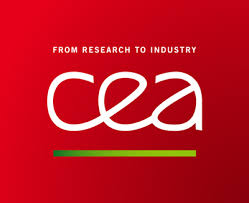
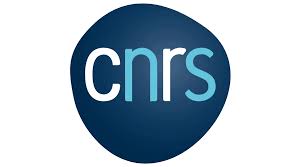
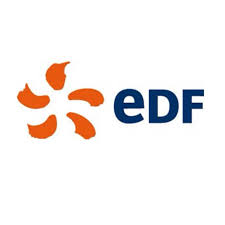

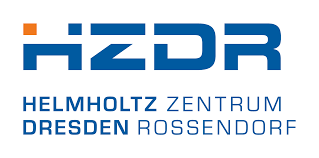
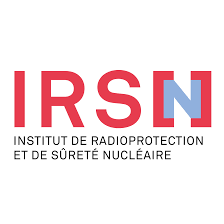
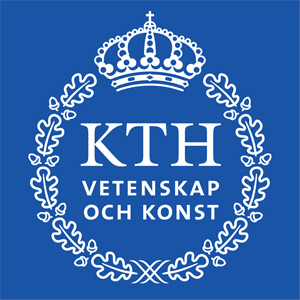
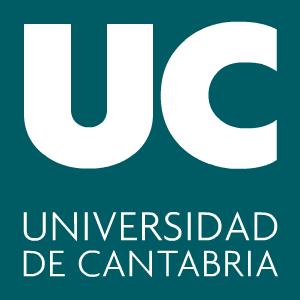
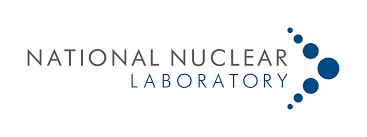
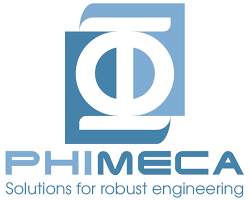
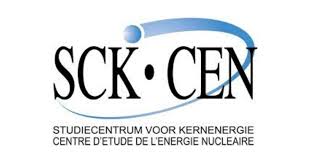
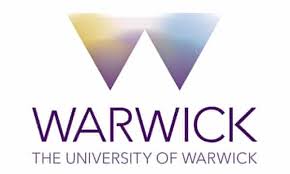



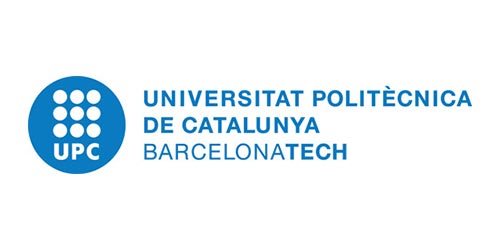
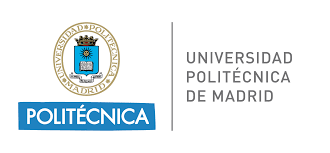

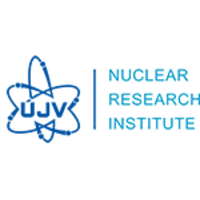
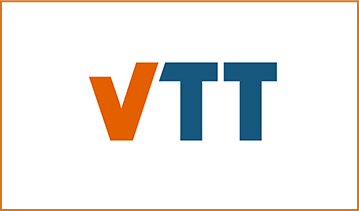

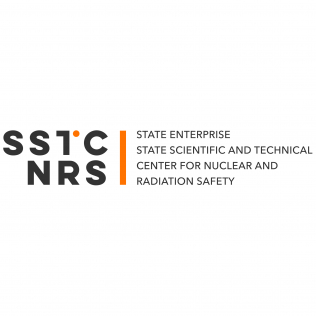
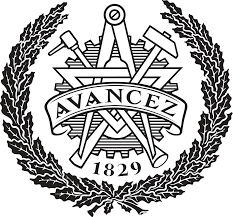

Funded by
